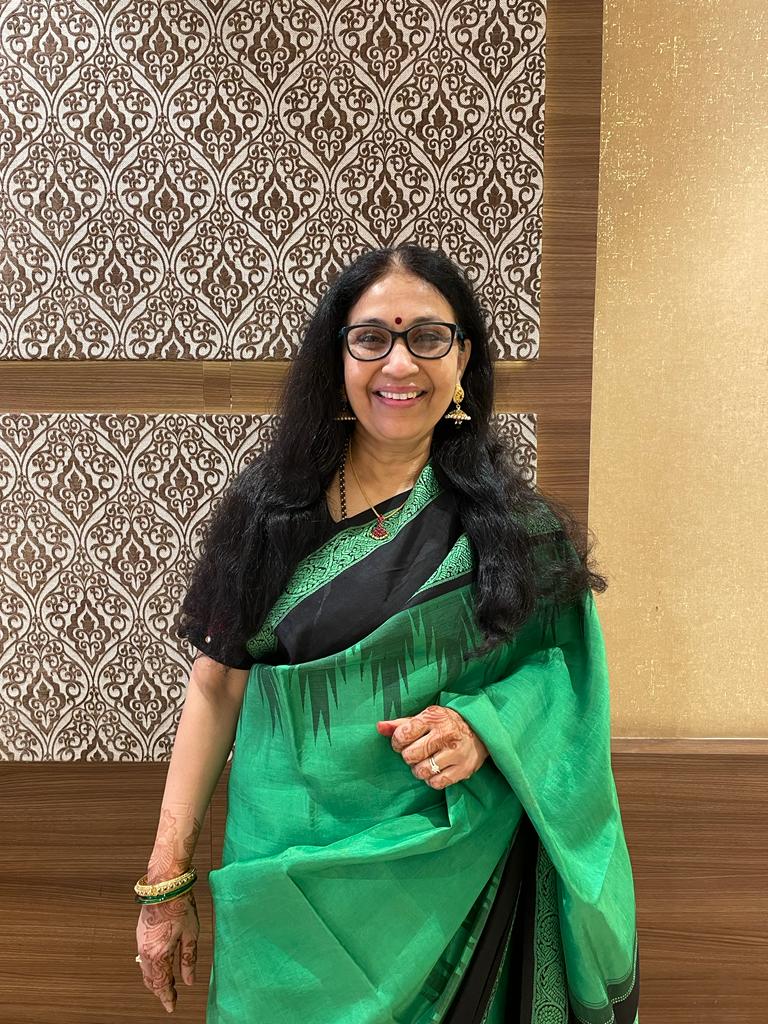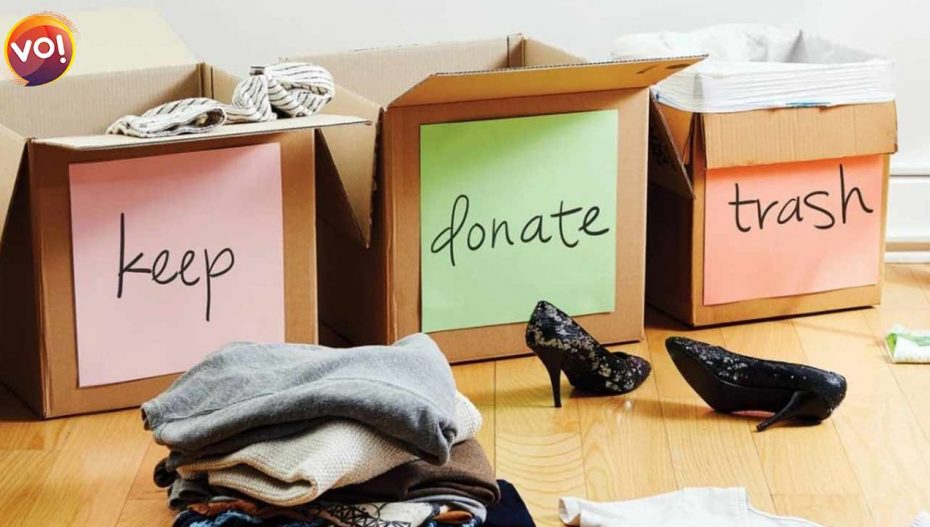By Aruna Raghuram
It’s a common enough situation. Over the years, you collect furniture, artefacts, clothes, linen, vessels, crockery, books, toys, and many more things. Many of these you may not need anymore. But they still occupy space in your home and add to the clutter.
If you are wondering what all this fuss about clutter is, researchers have found that clutter is bad for mental health. Studies have found a direct link between the stress hormone cortisol and clutter, or what has been termed ‘a high density of household objects.’

Chennai-based life skills trainer and educationist Anuradha Kumar says: “When we don’t have much control over the space we are living or working in, it causes anxiety and stress. For instance, if your surroundings are cluttered, you may spend considerable time looking for something and this may lead to frustration. Planning and organizing are life skills that help you gain control over physical space.”
When things around you are in a certain order, and belong in their space, it gives a sense of assurance and security to a person. This is connected to emotional well-being, she explains.
Benefits of decluttering
Clutter is linked to negative emotions like confusion, tension and irritability. In contrast, having fewer things around is associated with feelings of calmness and a relaxed frame of mind. The less the clutter the better you can focus on any activity, whether it is cooking or preparing a presentation.
Imagine unwinding after work in a clutter-free room! Decluttering can reduce accumulation of dust and mould and prevent pests from making their home amid your stuff. Improved sleep and fewer family fights are other benefits of decluttering.
In her 2019 book ‘Outer Order Inner Calm: declutter and organize to make more room for happiness’, author Gretchen Rubin, says that getting control of your stuff makes you feel more in control of your life.
Minimise acquiring

Ahmedabad-based teacher of economics, Dr. Hema Ramani, says: “I have not reached ‘minimal’ yet, but I have almost stopped acquiring new things. I feel that clutter ‘around’ me is a reflection of clutter ‘in’ me. That’s why I cannot work in an area which is cluttered. I am continuously decluttering. We have donated 90% of our books to libraries. I do have a few drawings of my children that are of sentimental value. However, I generally believe that memories are in my head and not in material things. Now, nothing is tough to part with. Whatever I don’t need, I fill in cartons and give away.”

For those who are very particular about keeping things clean and neat, decluttering is particularly important. Vasanthi Ramanathan, who works in a bank in Ahmedabad, says: “A decluttered house is easier to clean. The more things you have, the more stuff there is to keep clean. It’s a sense of relief – it’s cathartic – to declutter. Also, we are at a stage in life when it is not things that bring joy but experiences. My husband’s maxim: if something comes in, something should go out. I sort out my clothes every three to four months and give them away when they are still in a good condition. Diaries, cards, letters are more difficult to part with as they involve sentiment.”
Author of the bestselling book, The Life-Changing Magic of Tidying Up, Marie Kondo has devised a minimalism-based approach to sorting and discarding physical possessions. She advises people to tidy by category and lists five categories – clothes, books, papers, miscellaneous stuff, and sentimental items. She says that you must evaluate each item by asking yourself whether it ‘sparks joy’ in you. If the answer is no, the item should go.
Tips to declutter your home
- Take small steps. Begin with one category of things in one location, say books in a cupboard.
- Start with objects that don’t have sentimental value since these are easier to let go.
- Get four boxes – for things to be thrown away, given away, to keep, and to relocate. Place each item into one of the boxes.
- Schedule time for decluttering. Spend 15 minutes a day on decluttering so that it doesn’t become a tedious, intimidating task.
- Involve family members. Get children to sort out their old clothes, toys and books.
- Take a bag of items to be recycled or donated at least once in a few days when you leave home.
- Organize what you want to keep neatly in cupboards, closets and drawers to be reviewed periodically.
- Take before and after (you have decluttered) photos.
Decluttering is a lifestyle choice that is necessary to ensure that you have a tidy home and a lead a simpler, stress-free life. Minimalism is the mantra to chant!











